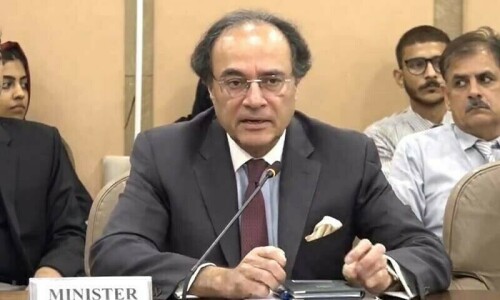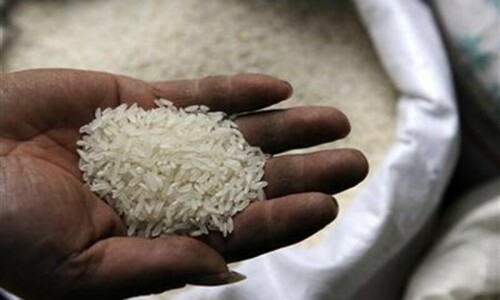As Farzana Saleem struggled between life and death in a hospital, her family wondered how it had suddenly gone so wrong. She was admitted for what was understood to be a routine operation: removal of a cyst from her ovary. When she was discharged from the hospital, she was still in severe pain, and three days later, her condition had deteriorated to a point where she had to be admitted to the hospital in critical care.
Farzana’s daughter Ayesha watched her mother lying motionless and wondered if the family would ever be a happy unit again.
“It is not easy to stand outside the ICU and look at your mother’s face, and wonder if she will ever smile or even talk to us,” she recalls. “The doctors were all being so evasive. No one was telling us anything.”
Farzana’s case is not unique; there are dozens, if not hundreds of cases every year across the country that are similar. There are bound to be mistakes in surgical procedures; after all, doctors are human beings too. The problem isn’t that there is medical negligence; the problem is how it is tackled.
In Farzana’s case, the doctor who was supposed to perform the surgery did not show up and someone else replaced her. When they realised that they had botched up the surgery, the doctors disappeared. They did not take the patient or her family into confidence. Instead, they began avoiding them altogether.
Get more details here: Medical negligence
“Our medical training prepares us for treating and diagnosing diseases, but it does not teach us how to talk with patients; our education does not deal with bioethics,” says Dr Aamir Jaffrey, who is a professor of biomedical ethics and culture at SIUT in Karachi.
What happens when a patient suffers because a doctor has been careless? Apparently, not much …
“A person commits mistakes, inadvertently I am sure, but then they would be expected to own up to it. They should have told the patient and the family. [Otherwise] it causes a major trust deficit with the patient and their family. It is important for the doctor to keep the trust.”
Farzana’s husband, Salim, spent days running from one hospital to another hoping that someone would take up her case, but no one was willing to intervene given her situation. Once she was out of the ICU, the hospital released her and Farzana found herself bedridden for three months at home.
“She couldn’t even go to the bathroom; I couldn’t leave her for a second,” says Salim, who is still very emotional about the situation. Salim lost his job and the family began to struggle financially. As the medical bills mounted, he became frustrated and depressed and the entire family suffered.
“Our society ... the kind of conditions that we live in ... if a doctor admit to his mistake, he’s scared that he would be beaten up, his car would be burned, and there wouldn’t just be professional consequences but also a danger to his life,” explains Dr Jaffrey. He is now lobbying for more colleges to teach ethics to their students.
Also read: Imane Malik died due to negligence
“Doctors are still very much respected in our society, and the doctor would have been wise to live up to the trust given by the patient.”
Several months passed and Farzana was living with a urine bag attached to her; she was barely able to move. Salim found a doctor at Shaikh Zayed Hospital willing to help.
“A doctor finally sat us down and explained to us what had gone wrong and what we needed to do to fix it,” says Ayesha. “They didn’t even charge us any fees.”
“Doctors are still very much respected in our society, and the doctor would have been wise to live up to the trust given by the patient.”
Farzana was taken in by the hospital and they began treating her. Ayesha, who had been disheartened by the whole process, began trusting doctors again.
“I had completely lost my faith in the profession of doctors,” she says. “But now I am studying to become a doctor and I know I will be a better one because of what my mother went through.”
Pakistan provides little recourse for patients who have been victims of medical negligence, but Farzana is determined to bring the doctor who botched up her surgery to justice so that others do not suffer the way she did.
“I lived in the ICU for about 50 days, and when they stitched me up, they asked my family to pray for me, and hope for the best …” she says.
Published in Dawn, Sunday Magazine, May 10th, 2015
On a mobile phone? Get the Dawn Mobile App: Apple Store | Google Play
Related:














































